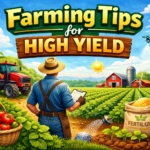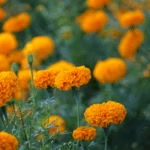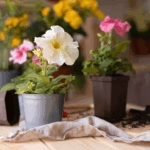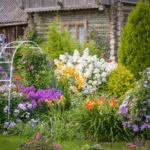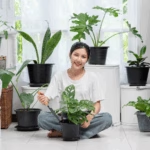Introduction
Starting a garden is one of the most rewarding hobbies you can pursue. Whether you’re growing vegetables, flowers, or herbs, gardening brings fresh food, beauty, and relaxation into your life. But for beginners, it can feel overwhelming—where do you start?
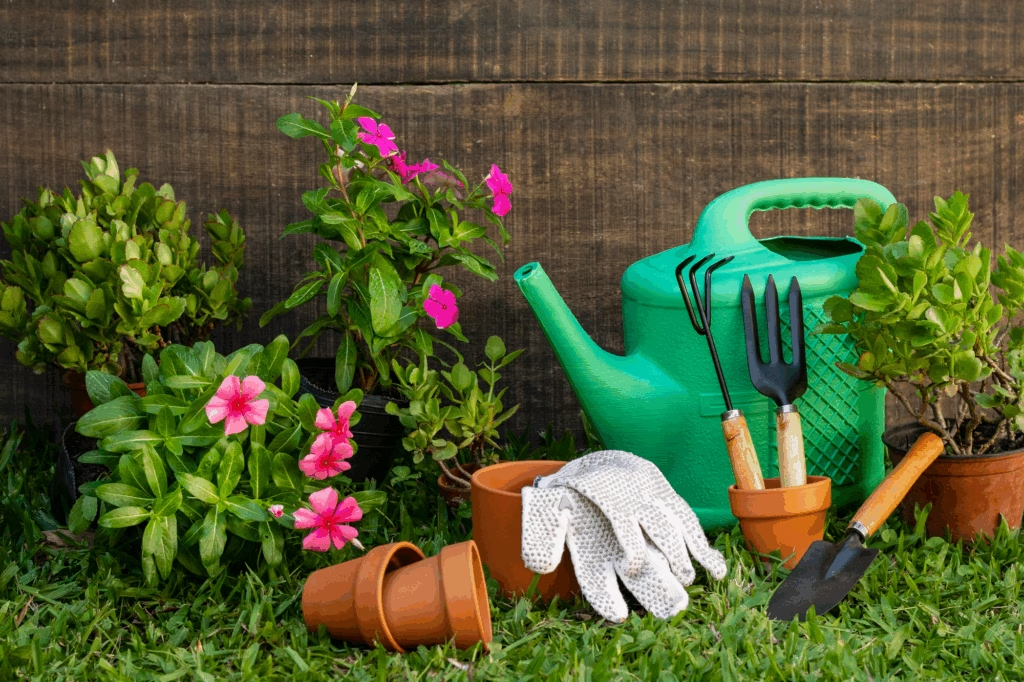
To help, we’ve compiled 15 expert gardening tips for beginners. These practical, research-backed strategies will make your gardening journey smoother, healthier, and more enjoyable.
1. Start Small and Simple
When you’re new to gardening, resist the urge to plant everything at once. Begin with a small garden bed or a few containers. This way, you’ll have more time to focus on learning the basics and can expand later once you gain confidence.
2. Choose the Right Location
Plants thrive with adequate sunlight. Most vegetables and flowers need 6–8 hours of direct sunlight daily. Before planting, walk around your yard to observe sunlight patterns. A sunny, well-drained location is the best start. For example, if you’re planning to grow onions, choosing the right spot is key—check our detailed guide on best onion seeds for planting.
3. Test Your Soil
Healthy soil is the foundation of successful gardening. According to the University of Minnesota Extension, soil testing helps you understand nutrient levels and pH balance. You can purchase DIY soil test kits or send samples to a local agricultural extension office. Good soil means stronger roots and healthier plants.
4. Invest in Quality Tools
A few good tools make gardening easier and more enjoyable. Must-haves include:
- Hand trowel
- Pruners
- Watering can or hose
- Gardening gloves
Choose durable, ergonomic tools that will last longer and reduce strain.
5. Learn About Your Growing Zone
Every region has a specific climate zone that affects which plants thrive. Use the USDA Plant Hardiness Zone Map (or your local equivalent) to choose plants that suit your area’s weather. This will save you time and prevent disappointment from planting crops not adapted to your climate.
6. Start with Easy-to-Grow Plants
As a beginner, choose plants that are forgiving and rewarding, such as:
- Tomatoes
- Lettuce
- Basil
- Marigolds
For more structured options, you can explore hydroponic farming methods, which make it easier to grow herbs and leafy greens in controlled environments.
7. Water Consistently
Overwatering is one of the most common mistakes for new gardeners. Most plants prefer deep, infrequent watering rather than daily sprinkling. Use the “finger test”—if the top inch of soil feels dry, it’s time to water.
8. Mulch for Moisture and Weed Control
A 2–3 inch layer of organic mulch (like straw, shredded leaves, or bark) helps retain soil moisture, suppress weeds, and improve soil health over time.
9. Feed Your Plants Naturally
Organic fertilizers such as compost, worm castings, or fish emulsion provide nutrients without harming soil health. The National Gardening Association recommends enriching soil with compost at least once per season to ensure balanced growth. If you’re passionate about chemical-free farming, check out our beginner’s guide to organic farming methods.
10. Prune and Deadhead Regularly
Trimming dead flowers (deadheading) and pruning overgrown branches encourages new growth and keeps plants healthy. Regular pruning also improves airflow, reducing the risk of plant diseases.
11. Watch for Pests and Diseases
Instead of relying on harsh chemicals, try natural pest control methods:
- Neem oil spray
- Companion planting (e.g., basil near tomatoes)
- Attracting beneficial insects like ladybugs
This aligns well with sustainable practices promoted in organic gardening, where balance is more important than instant fixes.
12. Rotate Crops Each Year
If you’re growing vegetables, avoid planting the same crop in the same spot every year. Crop rotation prevents soil depletion and reduces pest infestations, keeping your garden healthier long-term.
13. Take Notes and Learn Each Season
Keep a simple gardening journal. Record what you planted, watering schedules, and observations on growth. Over time, these notes become a valuable resource that helps you adjust and improve your gardening results.
14. Be Patient
Gardening teaches patience. Not every seed will sprout, and not every plant will thrive. Learn from each attempt, and remember that mistakes are part of the process.
15. Enjoy the Process
Finally, remember gardening isn’t just about perfect plants. It’s about connecting with nature, reducing stress, and enjoying fresh harvests. Even if you start small, you’ll reap the joy of nurturing life from soil to seed.
Conclusion
By following these 15 gardening tips for beginners, you’ll set yourself up for a thriving and enjoyable garden. Start small, choose easy plants, nurture your soil, and most importantly—enjoy the journey.

